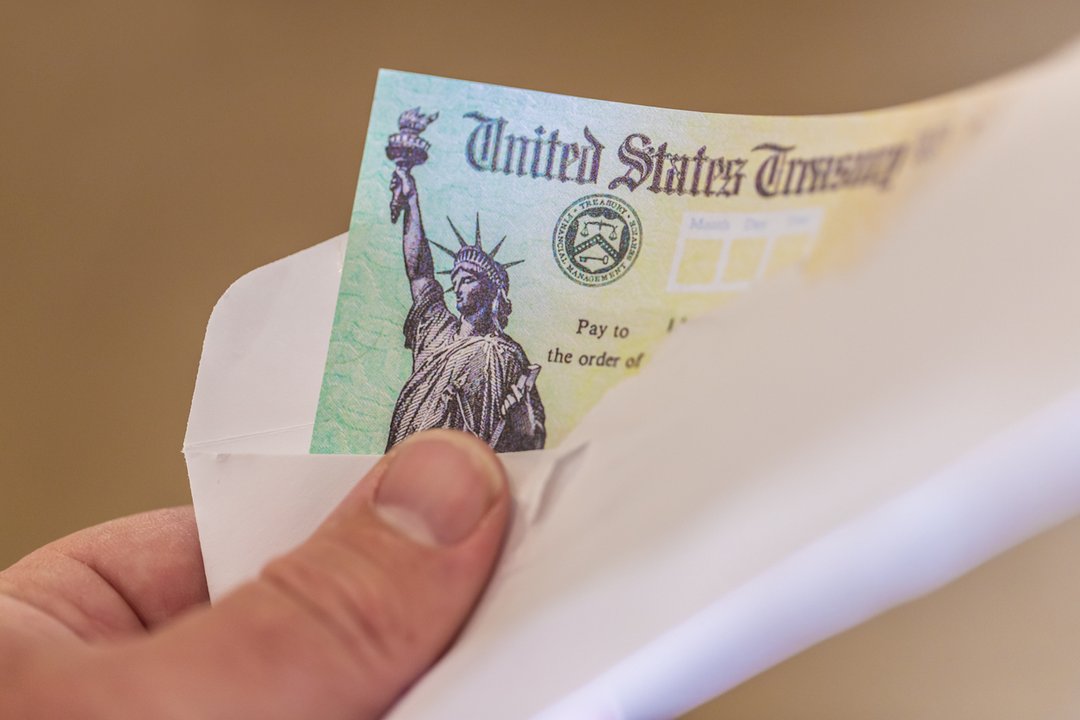
Elizabeth O'Brien
May 10, 2023
Among the many dire consequences of a possible U.S. default, the fallout on Social Security has emerged as one of the most feared.

iStock-1251070965
President Joe Biden is scheduled to meet with Congressional leaders on Tuesday to discuss raising the debt ceiling, the statutory limit on what the government is allowed to borrow to fund its operations. The government hit the current ceiling of $31.4 trillion on Jan. 19, and since then has taken what Treasury Secretary Janet Yellen has called “extraordinary measures” to keep the government afloat. Yellen said last week that these measures could be exhausted soon, and that the U.S. could default on its debt as early as June 1 if lawmakers don’t act before then to lift the borrowing limit.
If the debt ceiling isn’t raised, the U.S. may not have enough money to pay all of its bills on time. The government wouldn’t be able to issue any debt and would be limited to covering its obligations with the cash that flows in, which can vary greatly from day to day. If it misses a payment to bondholders, the government enters default.
The Treasury lacks the ability to prioritize payments, Yellen has said. In other words, if money is short it would be unable to move Social Security’s nearly 70 million recipients to the front of the line, ahead of Wall Street bondholders or any of the countless programs and contractors that get paid by the federal government.
While Social Security is funded in large part through a dedicated payroll tax that flows into its trust fund, that trust fund invests in government securities. That makes Social Security a government bondholder, and, like other bondholders, it could go unpaid in the event of a default.
What might transpire in that worst-case scenario is anyone’s educated guess, said Kathleen Romig, director of Social Security and disability policy at the Center on Budget and Policy Priorities. “There’s no road map for default,” Romig said, “because the idea is not to default.”
If a batch of Social Security payments comes due and the government doesn’t have enough money on hand to pay in full, it could hold off paying anything until the coffers refill, rather than issuing a partial payment, she said.
The way Social Security recipients could be affected may come down to timing. That’s because Social Security payments are delivered on a staggered schedule, depending on what day the recipient is born. Those who were born on the 1st through the 10th of the month get their checks on the second Wednesday of the month, for example.
Even a small delay in benefits would have a “devastating” impact on beneficiaries who rely on Social Security for much of their income, said Nancy Altman, president of Social Security Works, a nonprofit organization working to expand the program. Among older Social Security beneficiaries, 12% of men and 15% of women rely on Social Security for 90% or more of their income, according to the Social Security Administration.
Not everyone fears that beneficiaries will be hurt. “I don’t think it’s going to happen,” said Andrew Biggs, senior fellow at the American Enterprise Institute. Lawmakers will likely avert catastrophe by raising the debt ceiling, Biggs said. But even if they fail, he said, they could still take measures after the fact by, for example, passing a law to protect Social Security beneficiaries.
If a household loses income, it will pay its most pressing obligations first, Biggs said, and if it comes to that, the government will do the same.
This Barron's article was legally licensed by AdvisorStream.
Copyright Dow Jones and Company 2023



